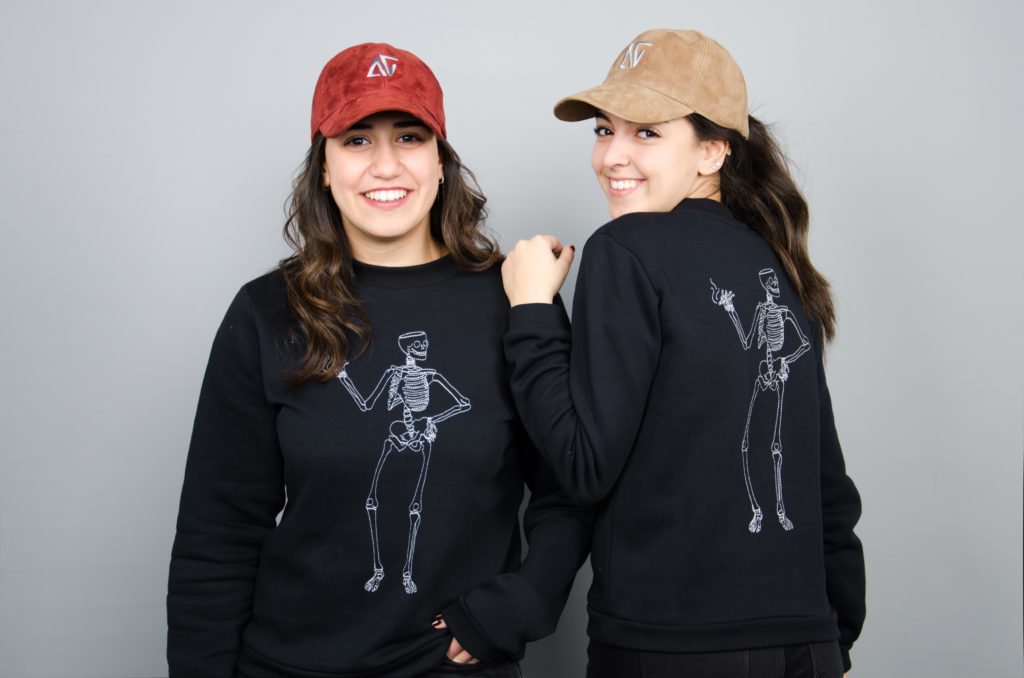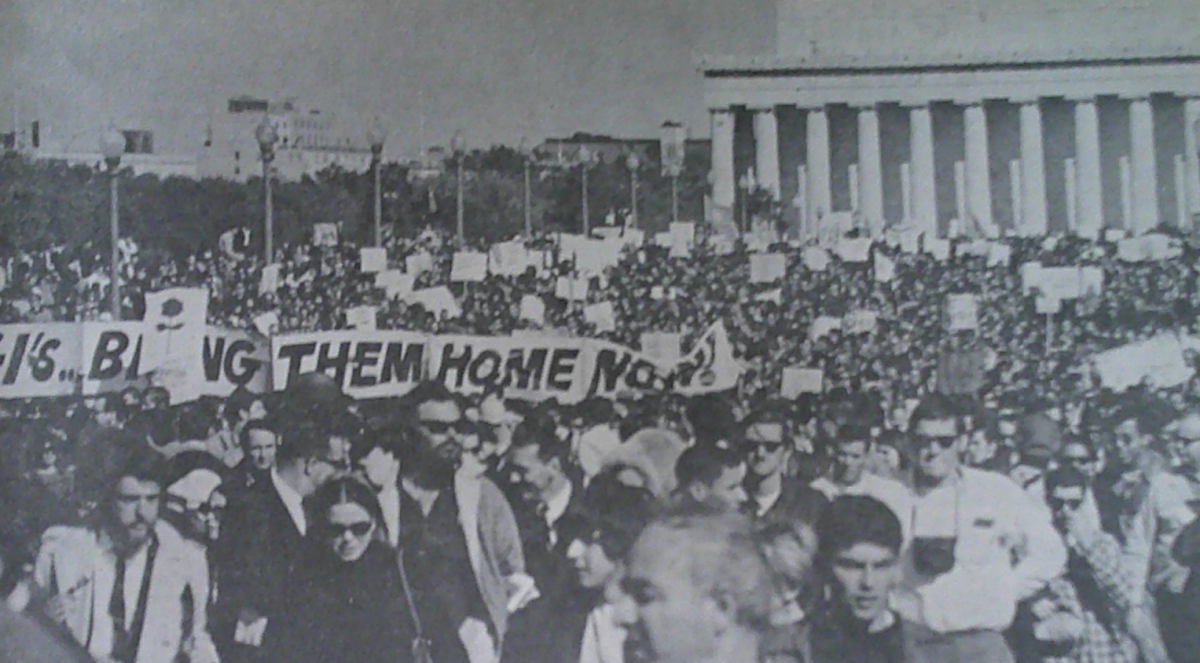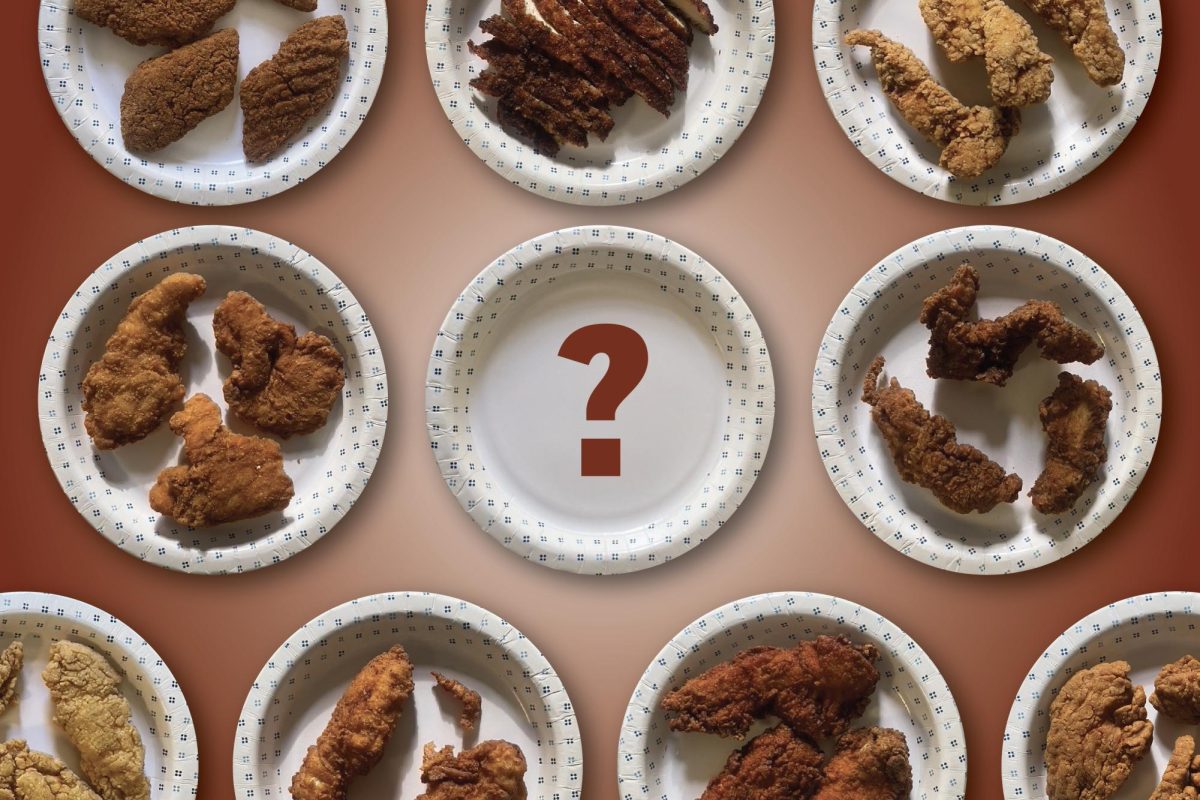Bassigue, a fashion brand started by two D.C. college students, is bringing basics with a twist to a New York boutique.
Gamze Keklik, a junior majoring in economics and marketing, and Asli Acar, a junior at Georgetown University majoring in psychology, launched the brand Bassigue online and in a Turkish department store, Beymen, six months ago. At the end of this month, the brand will expand to the U.S. when the pair begin selling their products in the Wolf & Badger boutique in SoHo.
The pair will be allotted one rack in Wolf & Badger, a boutique that carries small, independent designers. The rack will hold 16 articles of both men’s and women’s clothing, Keklik said.
“We picked our most selective and most-wanted products,” Keklik said.
Bassigue’s name was inspired by the way the two describe their clothing line – “basic and vogue.” The brand primarily offers 100 percent suede baseball hats ($45) as well as t-shirts ($65) and sweatshirts ($95) with punchy sayings like “Why limit happy to an hour.”
Bassigue’s second collection, called “The Darkest Color,” features six different designs of long sleeve t-shirts that are all-black and made from a cotton-cashmere blend. The entire collection will be carried by Wolf & Badger and will also be available online on Polyvore and Shopstyle – both websites that sell multiple stores’ and brands’ clothing.
Acar said the pair wanted to create a line of basic wear that still followed fashion trends. With Bassigue clothing hitting the racks at the end of the month, Acar said the pair can’t wait to take the next step in their business by expanding to the U.S.
“It’s a big move for us and we’re very excited about it,” Acar said.
Although this is the first time Bassigue has been sold at a U.S. boutique, the brand was launched in a Turkish department store in August. Keklik said the store, Beymen, is the equivalent to Barneys New York.
“Being sold in Beymen actually helps you to get into a community so that you can be known,” Keklik said. “That kind of shapes your brand and shapes your customer.”
Keklik and Acar are involved in every aspect of the brand, from designing and selecting all of the materials through the end when they send products to customers and stores, they said. All of the products in their lines are made at a factory in Turkey that Acar’s parents own.
“We are in control of the whole process, which I think makes us advantageous,” Acar said.
The only other person who works for Bassigue, outside of the factory where the clothing is produced, is Mert Avadya. Avadya is a student at the School of Visual Arts in New York City and assists the pair in transferring their designs to the computer and running their website that doubles as an online store.
The pair create designs for Bassigue from one collection to the next, they said. Once a collection is released, the designs specific to the collection will not be repeated. Each collection has about 100 items, and the brand will not release more copies of the same styles.
Keklik and Acar both said they plan to continue working with Bassigue after they graduate in 2018. One of their goals for the future is to start a swimwear line.
“Longterm, my biggest aim would be to expand globally, within department or concept stores,” Keklik said.
For the best friends, it can be hard to juggle friendship, school, work and the demands of their growing business. Keklik said that to balance the work, she is in charge of the sales and accounting portion of the business while Acar deals with the factory that produces their products.
Keklik added that although the two are best friends, their daily talks aren’t like those of “normal” friends.
“We don’t even say ‘hi’ to each other. We just say what needs to be done,” Keklik said. “There’s an ongoing conversation about our business and it never stops.”




